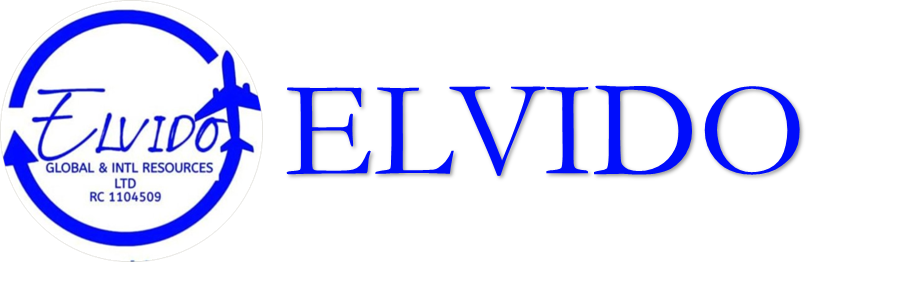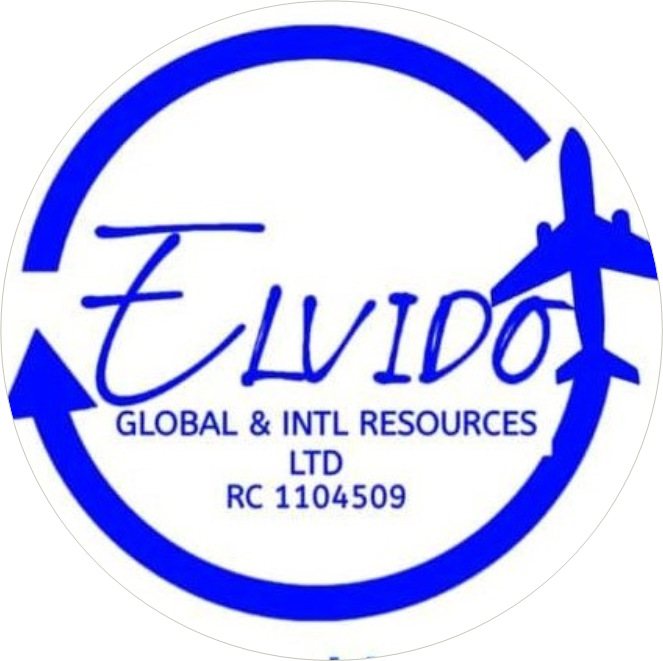In the ever-evolving landscape of global commerce, businesses constantly seek new avenues for expansion and growth. For many, international markets hold immense potential, offering access to new customers, resources, and opportunities. However, navigating the intricate web of international regulations and protocols can be a daunting task. One crucial aspect that demands attention when expanding internationally is securing the right visa for business purposes.
Understanding the Basics
What is a Business Visa?
A business visa is a document issued by a foreign government that allows individuals to enter a country for specific business-related activities. These activities can include meetings, negotiations, market research, and more. Business visas are distinct from tourist visas, as they cater to individuals engaging in commerce rather than leisure.
Types of Business Visas
Business visas come in various forms, tailored to suit different needs and durations of stay. The most common types include:
- Visitor Visa: Allows short-term visits for meetings and negotiations.
- Work Visa: Enables individuals to work legally in the host country.
- Investor Visa: Designed for those investing in a foreign business.
- Startup Visa: Facilitates entrepreneurs in establishing businesses abroad.
- Intra-Company Transfer Visa: For employees being transferred within multinational companies.
- Trade Mission Visa: Granted for participation in trade exhibitions or missions.
The Pros and Cons
Pros of Obtaining a Business Visa
1. Market Expansion: Business visas open doors to new markets, enabling companies to tap into a wider customer base.
2. Networking Opportunities: They provide a chance to build valuable international connections and partnerships.
3. Increased Revenue: Access to new markets can lead to increased revenue streams and business growth.
4. Legal Compliance: Operating with a proper visa ensures legal compliance, avoiding potential legal issues.
5. Skill Exchange: Business visas often facilitate the exchange of skills and knowledge between countries.
Cons of Obtaining a Business Visa
1. Administrative Complexity: Obtaining a business visa can be a lengthy and bureaucratic process.
2. Cost: Visa application fees and associated expenses can strain business budgets.
3. Restrictions: Some business visas may impose limitations on activities or duration of stay.
4. Uncertainty: Visa applications are not always guaranteed approval, leading to uncertainty.
5. Cultural Differences: Adapting to new cultures and business practices can be challenging.
Types of Business Visas: A Comparison
Let's delve deeper into the most common types of business visas and compare their features:
| Visa Type | Purpose | Duration | Eligibility |
|---|---|---|---|
| Visitor Visa | Meetings, negotiations | Short-term | Business travelers, conference attendees |
| Work Visa | Employment in host country | Long-term | Skilled workers, sponsored employees |
| Investor Visa | Investment in foreign business | Varies | Investors, significant capital required |
| Startup Visa | Entrepreneurship abroad | Varies | Innovative startups, business plan |
| Intra-Company Transfer Visa | Inter-company transfers | Varies | Multinational company employees |
| Trade Mission Visa | Trade exhibitions/missions | Short-term | Business professionals, trade missions |
Applying for a Business Visa
Step 1: Determine Your Visa Type
Begin by identifying the most suitable visa type for your business needs. Consider factors like the purpose of your visit, duration, and eligibility criteria.
Step 2: Gather Required Documents
Different visas require different documentation. Commonly requested documents include a valid passport, visa application form, proof of funds, and a business invitation letter.
Step 3: Visa Application Submission
Submit your visa application to the embassy or consulate of the host country. Ensure all required documents are complete and accurate.
Step 4: Attend an Interview
Some countries may require applicants to attend an interview at their embassy or consulate. Prepare for questions related to your business and travel plans.
Step 5: Visa Processing
The processing time for business visas varies by country and type. It can range from a few days to several months.
Step 6: Visa Approval and Issuance
Upon approval, your visa will be stamped in your passport, granting you permission to enter the host country for business purposes.
The Global Business Landscape
In today's interconnected world, businesses often transcend borders. Here are some notable examples of companies that have successfully expanded their operations globally:
1. Apple Inc.
- Pros: Apple's global expansion has led to increased market share and brand recognition worldwide.
- Cons: Complex international tax laws have led to legal challenges and controversies.
2. Toyota Motor Corporation
- Pros: Toyota's presence in numerous countries has resulted in a diverse customer base and strong global sales.
- Cons: Adapting to different regulatory standards and cultural nuances has posed challenges.
3. Amazon.com Inc.
- Pros: Amazon's global reach has made it one of the largest e-commerce companies globally, with access to diverse markets.
- Cons: Dealing with international logistics and customs regulations can be complex and costly.
Conclusion
In conclusion, obtaining a business visa is a crucial step for any company looking to explore international opportunities. It comes with its own set of pros and cons, which should be carefully evaluated. Understanding the types of business visas available and the application process can greatly simplify the journey to global expansion.
As the business world continues to evolve, embracing international markets is often essential for sustained growth and success. Whether you're a multinational corporation or a budding startup, the right business visa can be your ticket to unlocking a world of possibilities. So, dare to dream big, reach out to global markets, and secure your visa for business – the world is waiting for you!



Do leave your comments